2017 Teachers Workshop
WARNING: If you are not logged into this site, you will not see all the information about this Workshop.
Use the Register/Login button at the top right of this page to register or login.
| Theme: | China’s Social Kaleidoscope |
| Date/Time: | Wednesday-Thursday July 26-27, 2017 8:00 AM – 5:00 PM |
| Place: | San Mateo County Office of Education (SMCOE), 101 Twin Dolphin Drive, Redwood City, California |
| Workshop Goal: | Enable middle and high school teachers to include modern China in their curriculum. |
| Stipend: | San Francisco Bay Area Teachers – $200 Other California Teachers – $300 Out-of-State Teachers – $400 |
| Who Should Apply: | Grade 6-12 teachers, U.S. public or private schools |
| APPLY AT: | youthvoices.1990institute.org/2017-tw-apply |
SPEAKERS AND PANELISTS
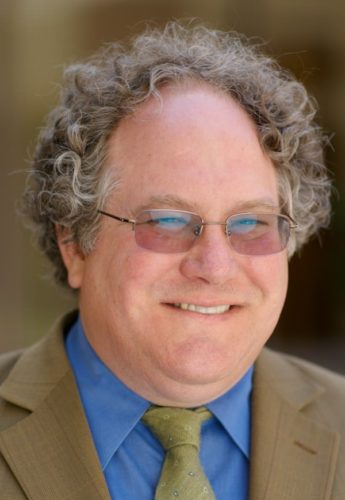
Clayton Dube, Moderator The Chinese Dream / One Belt One Road Initiative
Director of the University of Southern California’s U.S.-China Institute, director of the National Consortium for Teaching about Asia. Serves on the editorial boards of Education about Asia and the International Review of Chinese Studies.
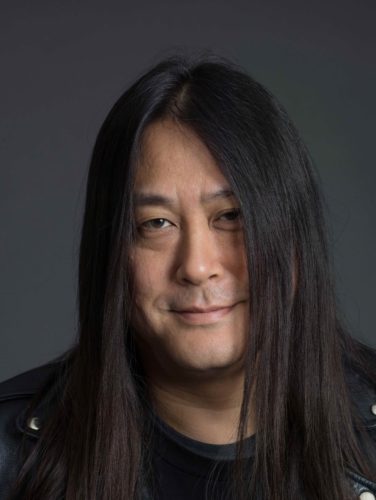
Kaiser Kuo, Podcast Moderator U.S.- China Relations in the Age of Trump
Co-founder of The Sinica Podcast and editor-at-large for SupChina.com. Former director of International Communications for Baidu.

Dr. Frank Chong The Chinese and American Education Systems
Superintendent/President of Santa Rosa Junior College. Former Deputy Assistant Secretary, U.S. Department of Education.
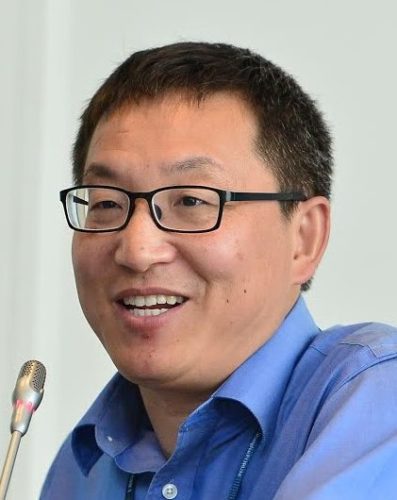
Dr. Yong Cai China’s Changing Demographics
Associate Professor of Sociology, and Faculty Fellow of Carolina Population Center, at University of North Carolina, Chapel Hill.
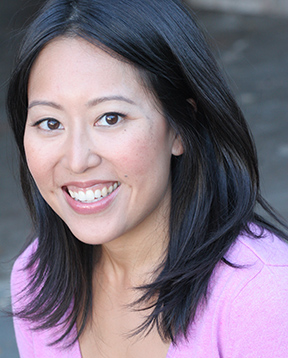
Lenora Chu The Chinese and American Education Systems
A Chinese-American writer and journalist whose work focuses on education and culture of China. Her book Little Soldiers that examines the Chinese educational system will be published in September 2017.
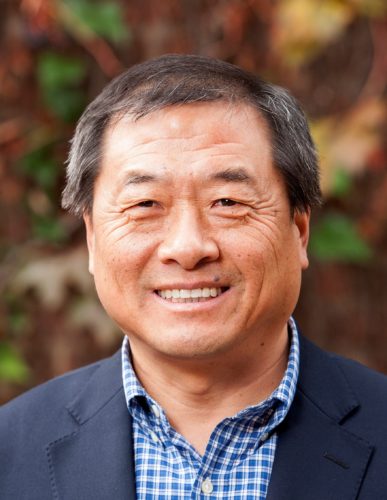
Dr. Qingwen Dong China’s Technology and Communication Innovations
Professor and Chair of Department of Communication at University of the Pacific. Research includes socialization process of mass communication and new media.

Eric Fish China’s Millennials
Author of the book China’s Millennials: The Want Generation. Previously based in China for the Economic Observer and contributed to other publications.
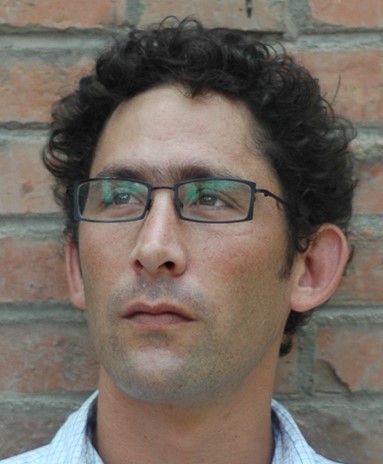
Jeremy Goldkorn U.S.-China Relations in the Age of Trump
Co-founder of The Sinica Podcast and co-editor for SupChina.com.
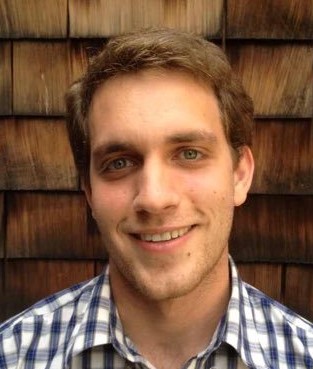
Matt Sheehan China’s Technology and Communication Innovations
Founder, Chinafornia Enterprises and former China correspondent, The Huffington Post.
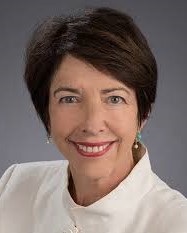
Susan Shirk U.S.-China Relations in the Age of Trump
Chair of the 21st Century China Center and research professor at the UC San Diego School of Global Policy and Strategy. Previously served as deputy assistant secretary of state (1997-2000), responsible for U.S. policy toward China, Taiwan, Hong Kong and Mongolia.
WORKSHOP CONTENT
In the past four workshops, we have covered modern China with a focus on topics that pertain to its political/governmental structure, economic development, environmental sustainability, globalization challenges, military & security concerns, bilateral relations with the U.S., etc. This year we are taking an in-depth social and cultural look at its institutions, values, and specifically, how the people’s lives have changed after China joined the world economy a few decades following the devastating Cultural Revolution.
Topics addressed include the following:
The Chinese Dream and the One Belt One Road Initiative
- Is this the ruling Chinese Communist Party’s dream or the Chinese citizen’s dream?
- Is the dream driven only by economic and financial considerations?
- How does it compare to the American Dream in definition and scope?
- What are the opportunities and obstacles facing Chinese citizens as they strive to achieve the Chinese Dream?
- Can fulfillment of the Chinese Dream lead to greater demand for individual and societal freedoms that citizens don’t currently have?
The Chinese and American Education Systems
- What are the differences between Chinese and American teaching philosophies and methods?
- How effective is using the examination system to determine who can get ahead (i.e., who goes to which college)?
- Does that system level the playing field between the rich and poor?
- Are there differences in quality and outcome between rural and urban education?
- How are issues of educational access and equity and pedagogical creativity being addressed at the local, provincial, and national level?
- Why are there so many Chinese students studying in the U.S.?
China’s Changing Demographics
- What has been the impact of the One-Child policy and why was it abandoned?
- What does the Chinese government hope to achieve with increased births?
- Who is responsible for taking care of the elderly?
- How is rural to urban migration, forced and voluntary, upsetting the household registration (hokuo) system?
- What roles do women play in business, technology and politics?
- What is the impact of the rapidly growing middle class?
China’s Millennials
- How are they defined and what are they like?
- Are there differences between the rural and urban millennials?
- What are their aspirations?
- How are they different from U.S. millennials?
China’s Technology and Communication Innovations
- How is China adopting or inventing the most up-to-date technology in a competitive and changing global economy?
- What is the impact of these innovative changes on its citizens?
- How did China produce so many outstanding technologists?
U.S.-China Relations in the Age of Trump
- What does everyone need to know (essential knowledge)?
- Trump vs. Xi Jinping at the Negotiation Table: What are the expectations and what’s negotiable or not?
- Will there be a trade and tariff war between the two countries?
WORKSHOP FORMAT
Morning sessions include speaker presentations, panel discussions, and Q&A opportunities for teachers. Afternoon sessions are used for developing ideas on how modern China can be integrated into the standard 6-12 grade classes. With the help of experienced facilitators, teachers will brain-storm on what materials from our workshops can be used, and how they can be used to supplement the standard curriculum.
STIPEND
Attending teachers are paid the stipend after they have completed all the attendance requirements. These include attending all formal sessions of the workshop (reception or special after session activities not required); completing both the day 1 and day 2 feedback forms; and submitting a Follow-up Action Plan on how to integrate the teaching of some aspect of modern China, covered in any of our workshops since 2013, into their normal curriculum. Possible additional compensations for demonstrating implementation of these plans will be announced shortly.
How Stipend Is Determined
| San Francisco Bay Area Teachers | $200 | Teachers living within 65 miles from SMCOE |
| Other California Teachers | $300 | Teachers of California schools living outside of Bay Area |
| Out-of-State | $400 | Teachers teaching in other states* |
* Verification of full-time employment from school required.
In addition, teachers from Hawaii can apply for a special Hawaii Travel Fellowship to defray their expenses of traveling to San Francisco.
CONTINUE EDUCATION CREDITS
Workshop attendees can also opt to receive 1.6 Continuing Education Units (CEU) from San Francisco State University’s College of Extended Learning, using all or part of their stipend. Information on how to apply for this CEU credit will be available shortly.
SUPPLEMENTAL MATERIALS
Based on the topics to be covered in this workshop and speaker recommendations, participants will be provided with books and/or list of references to read 1-2 months before the workshop.
Additional resources may also be given out before and/or at the Workshop.
Please contact workshop@1990institute.org if you have any questions.
5/24/17




